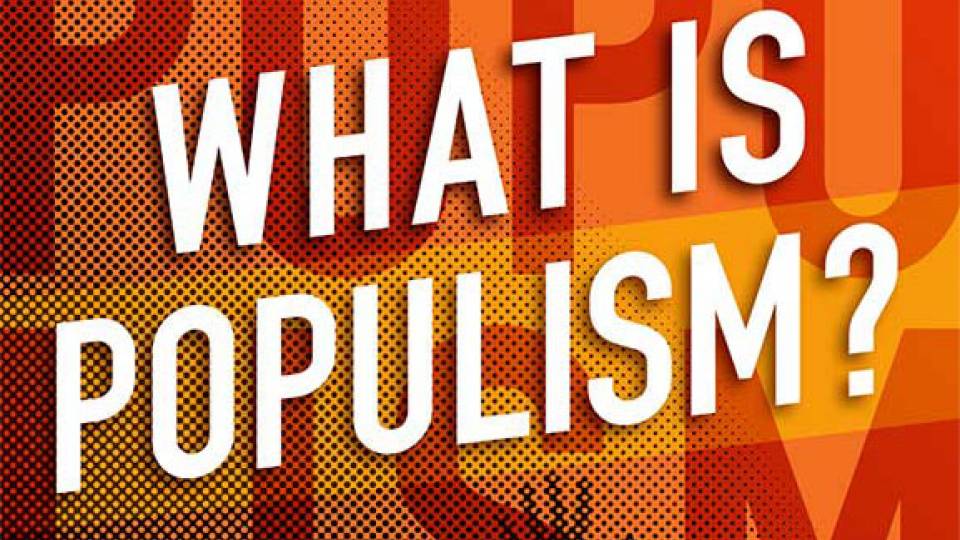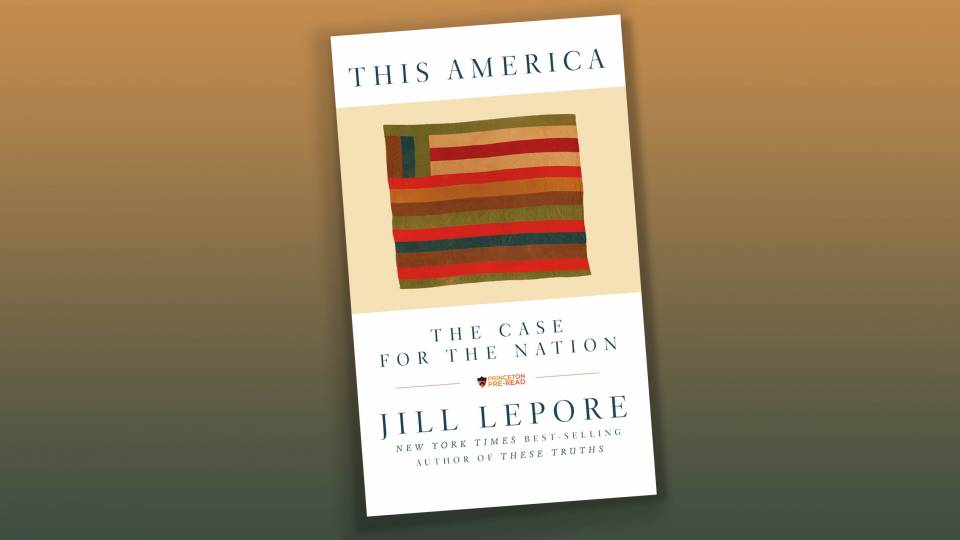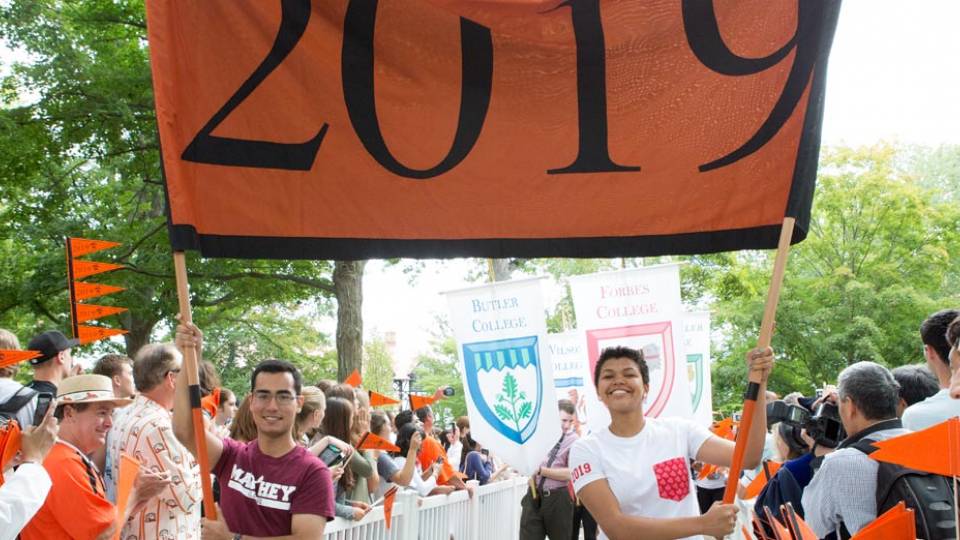Before they arrive on campus, Princeton freshmen are asked to complete their first assignment — reading the Princeton Pre-read, a book chosen each year by Princeton's president as an introduction to the University's intellectual life. The 1,300-plus members of the Class of 2019 have just finished "Whistling Vivaldi: How Stereotypes Affect Us and What We Can Do" by social psychologist Claude Steele, a meditation on identity that President Christopher L. Eisgruber calls "some of the most important social science work done in the last quarter-century."
But it isn't only freshmen who have their noses in the book. Across campus, faculty and staff are reading their own copies of "Whistling Vivaldi" — turning what began as an orientation exercise (in 2013 with "The Honor Code: How Moral Revolutions Happen" by Kwame Anthony Appiah, followed in 2014 by Susan Wolf's "Meaning in Life and Why It Matters") into an event embraced across the University community. With this year's Pre-read wrapped in a distinctive polka-dot cover, it's easy to see just how large the group of Princeton Pre-readers has become and how many Princetonians are, literally, on the same page.
Tonight marks the beginning of fall events created to highlight "Whistling Vivaldi" on campus. Discourse Night, part of the Community Action schedule, will feature the book in discussions at a variety of locations. On Sept. 12, the Freshman Class Assembly will present an address by author Steele. In coming weeks, the Pre-read will be built into classroom work, residential college gatherings, and forums that allow the Class of 2019 to discuss its Pre-read with the president.
What does it look like when a campus reads as one? The pictures in this album on Facebook are designed to give a taste. Each features faculty and staff members who have been reading along with the Class of 2019, photographed in some of thier favorite campus spots.
Click on the images below to see the gallery. (Photos by Jill Feldman, Office of Communications)





